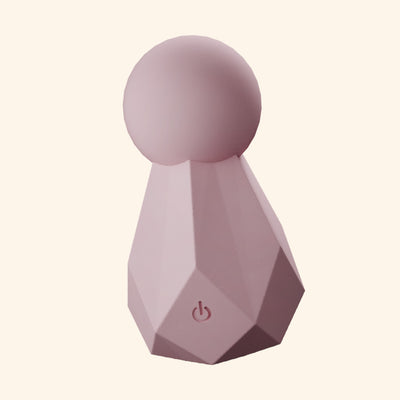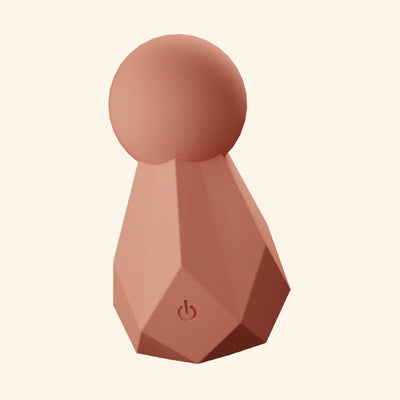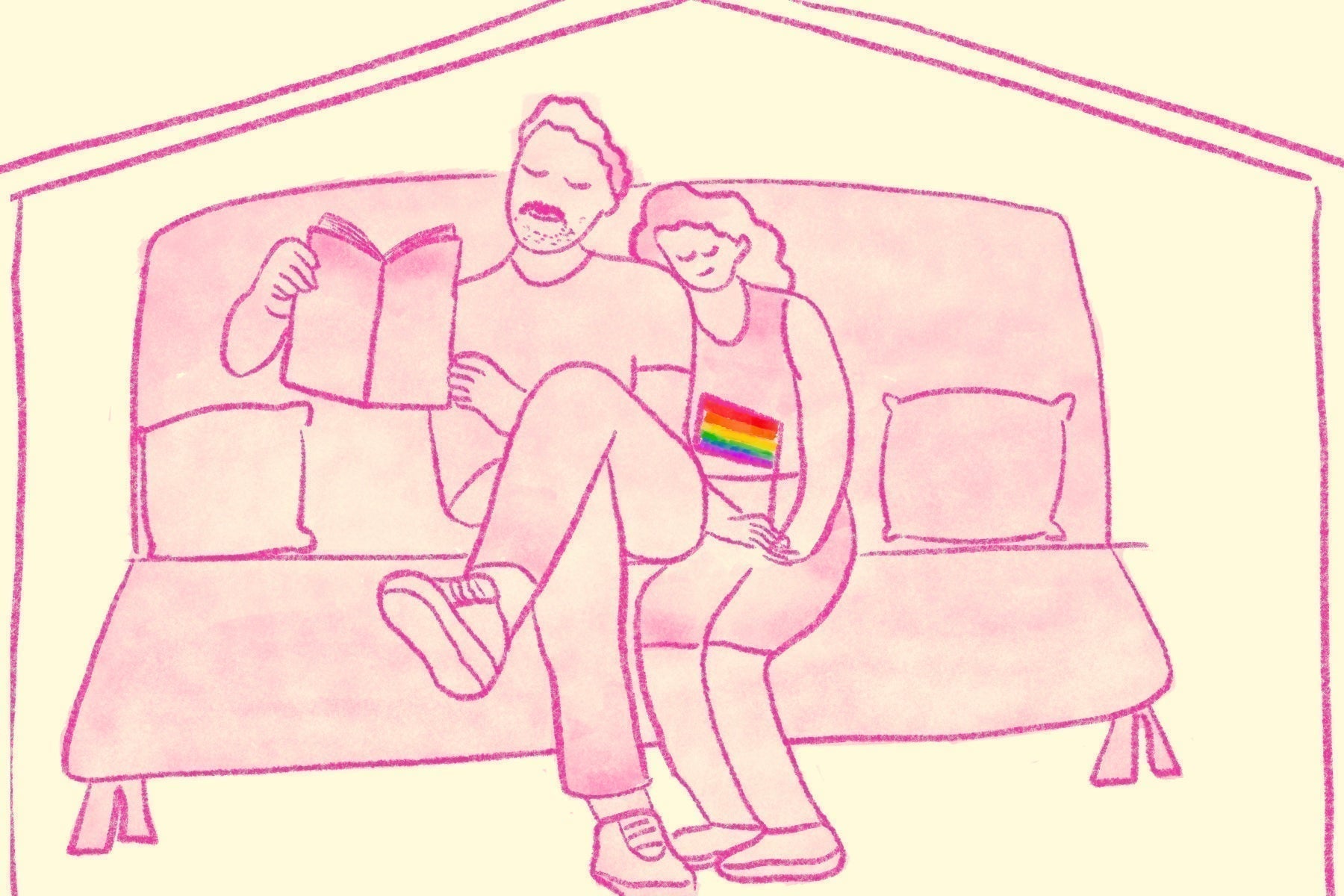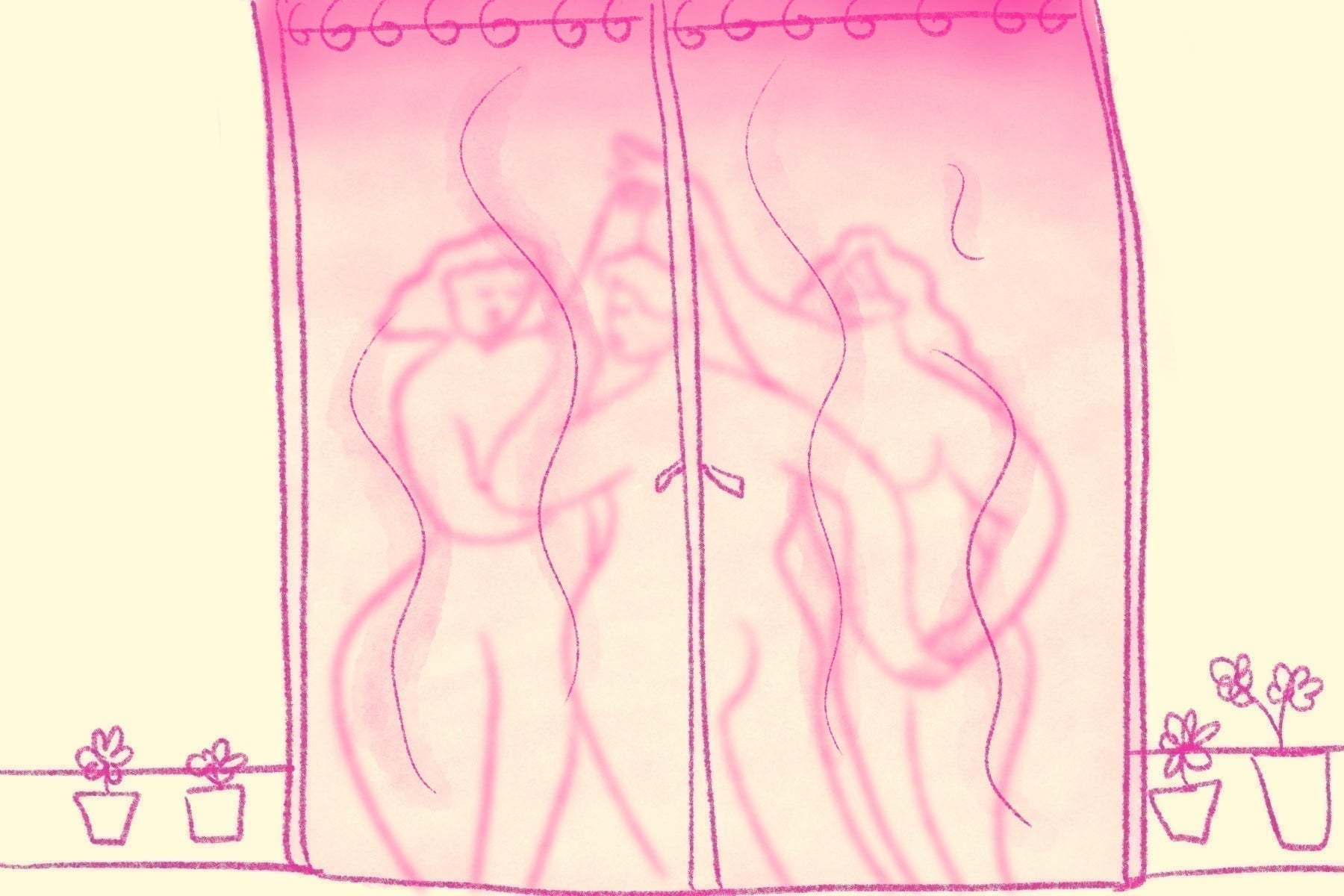Your cart is currently empty

Love is a chart-topper conversation topic - with our friends over brunch, on instagram, podcasts and with our therapist. And why shouldn’t we talk about it? After all, it is one of the most important parts of our lives.
Jay Shetty attempts to make these conversations about love a bit less complex. His work is majorly based on his learnings and experiences as a monk. His book, ‘8 rules of love - How to Find it, Keep it and Let it Go’ topped the New York Times Best Sellers List within a week of its publication.
So, what are the 8 rules of love? What are the parts that make it a topseller and an instant favorite of anyone who grabs it? What are the parts that we expected a little more out of? C’mon, let’s fall into it!
The 8 rules :
Jay looks at life from the pov of 4 connected ashrams - Solitude, Compatibility, Healing and Connection. He explains that we can access each stage as and when we need it. Within these stages, Jay introduces the 8 rules of love :
1. Let yourself be alone : Self love first, always. It’s only after we love ourselves are we ever able to love someone else fully.
2. Don’t ignore your karma : You attract what your attitude sows, even in the tiniest ways. Sprinkle your confetti wisely.
3. Define love before you think it, feel it, or say it : I love you means different things to different people - what does it mean to you? It’s soul-searching time.
4. Your partner is your guru : We should keep learning from our partner. That way, we’ll always keep growing.
5. Purpose comes first: Follow your purpose, your dreams. Talk to your partner about it. Support your partner in their purpose and goals.
6. Win or lose together : It’s always us v/s the situation, and never you v/s me.
7. You don’t break in a breakup : Breakups are tough, but remember that you were a whole, fabulous human before, during, and after the relationship.
8. Love again and again : Broaden your love horizons. There's a buffet of love types out there, and you can keep coming back for seconds.
What really works well :
Let me start with something that I wasn’t expecting when I picked this book up. Jay challenges our obsession with romantic love. He broadly discusses the idea that we have given ‘romantic love’ so much spotlight, and we often overlook the love all around us. It's a refreshing twist, especially in a book that is mainly written for navigating through romantic relationships. It encourages us to open our eyes to the love extravaganza happening all around us, and look at the bigger picture.

Here’s another thing that I really liked : Shetty acknowledges how we inherit a love lens based on our upbringing, and how we have seen adult relationship patterns around us. He hits the nail on the head, reminding us that our love starting points are as diverse as a Tinder profile on a Saturday night. He uses this acknowledgement to bring in the fact that our starting points at love are so subjective, and so are our navigation journeys.
There are tiny meditation exercises in each section of the book. Genius move, Jay! The book ceases to be a monologue, and becomes a dialogue, even through a medium as one sided as print. The activities ensure that we’re not just reading words, but are actually exploring ourselves at a much deeper level while soaking the words in.
And hold onto your heartstrings for my favorite bit - writing love letters. You see, throughout the book, Jay makes us write various love letters - to ourselves, to the broken version of us, to our partner, to the world. When I sat to write these letters, I let emotions flow. It helped me understand my own feelings, and I assure you, it will help you in one way or another.

Jay also pulls off the ultimate literary fusion – he makes Vedic wisdom, everyday tales, and science mingle in a love party. There were no preachy sermons here; just clear, accessible language that makes you want to high-five the guy for making love, spirituality, and science sound like they're having a chill coffee date.
Why I’m a little eh :
Let's address the elephant in the room—the hype. I genuinely think that the book is overrated. Sure, it's well-researched and very clear, but let's call a spade a spade. The frenzy is partly because of his fame and fans before the book was even out. It's like the book got an A+ before it even entered the classroom. In complete honesty, It doesn’t teach me anything that makes my mind do a triple backflip. It doesn’t teach me something that is so mind blowing or so new, something I’ve never even heard of before or something that I never would have learnt myself.
Now, let's talk about the elephant that's not even in the room (or bed) - sexual intimacy. While I get it, love isn't just about the horizontal tango, ignoring it so much feels like reading a recipe book that skips the spices. I'm not asking for a Kama Sutra sequel, but a nod to the realness of contemporary relationships would've been nice. Not having any discussions on the topics of navigating through mismatched libidos or lack of sexual chemistry leaves a massive love-shaped hole in the overall narrative.

Also, chapters on breaking up and winning and losing together sound really familiar. It's like déjà vu. We live in a super connected world, we read articles on the internet, have our friends talking about the importance of self love, and follow multiple experts on every possible topic, even love. Shetty's insights feel like a greatest hits love album. Sure, it's compiled in one place, but it's like your favorite playlist on repeat. The value is there, but it's not exactly a groundbreaking symphony. It's more like a love mixtape you've left on loop.
All in all, I feel that the book is exactly like a real life relationship - with its own highs and lows! Despite my reservations, the book takes us on a love rollercoaster, weaving through familiar territories and unexpected twists. Just like love itself, it's a journey of discovery, offering both moments of resonance and the occasional bump in the road.
----
About the Author

Hemali (she/her) is an explorer of the realms of sexuality, intimacy, and dating. She talks endlessly about the evolving landscape of feminist narratives on the big screen and makes you reanalyze the portrayal of women in mainstream culture. If you're looking for alternative conversation starters, take your pick from: Biryani, Art Fairs, or Spoken Word Poetry.










